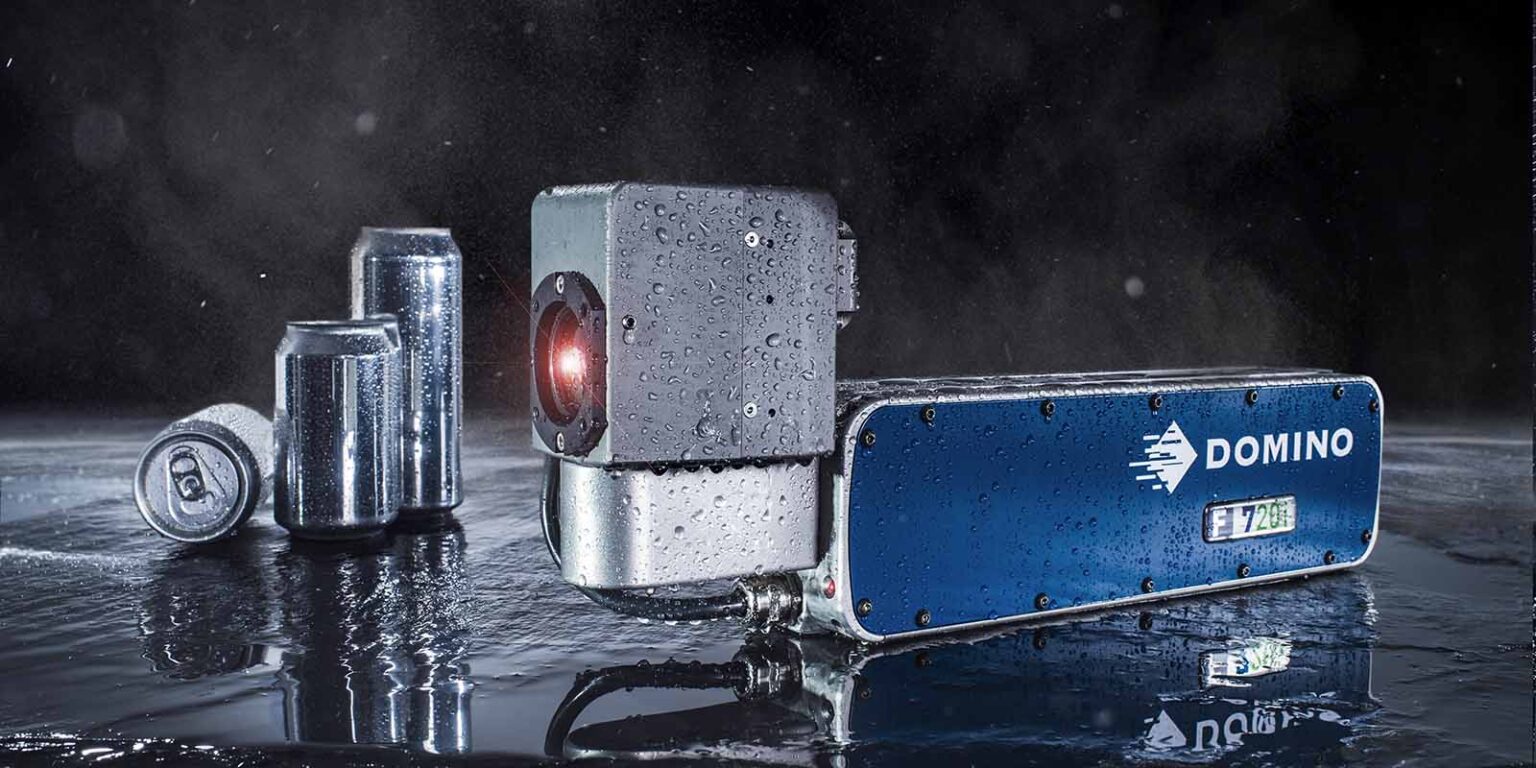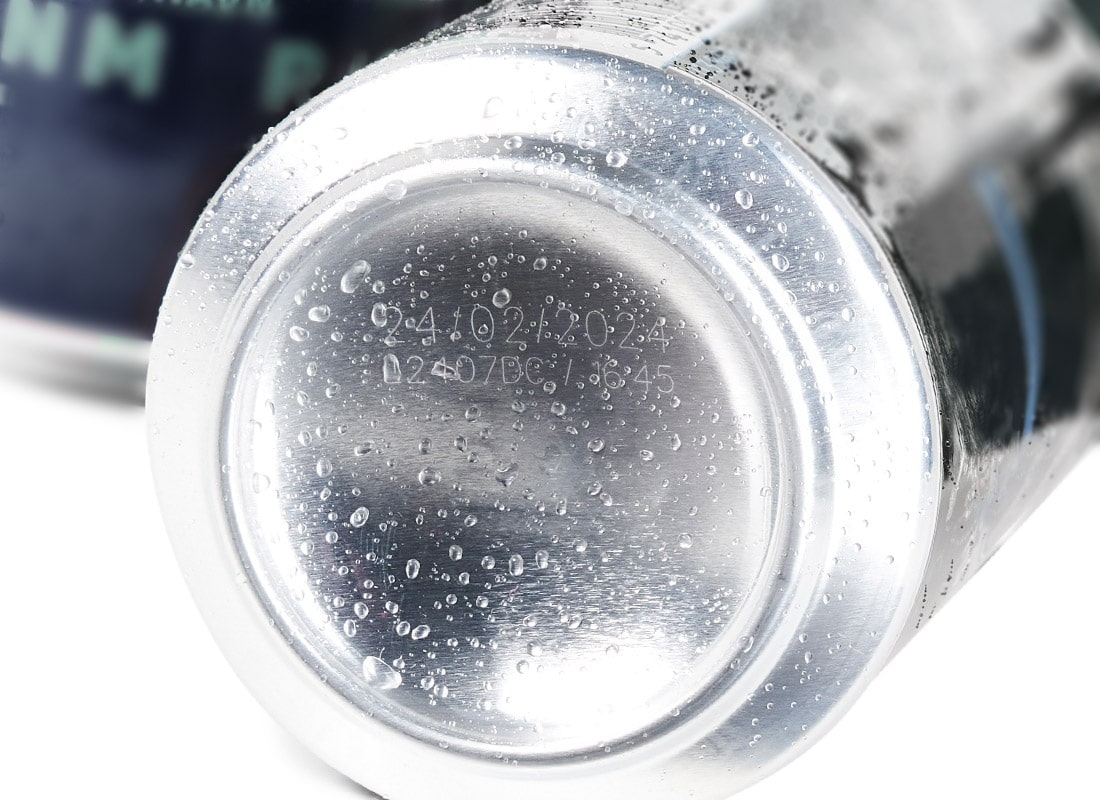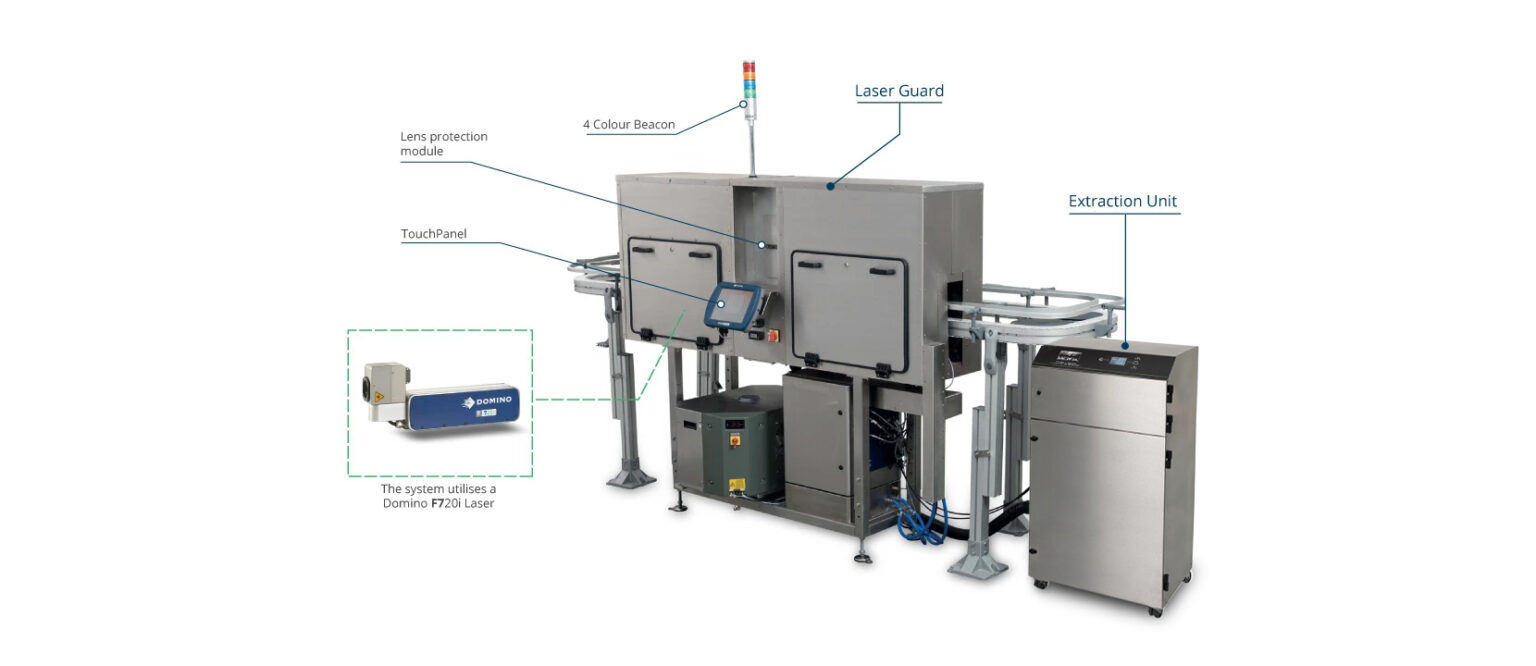Clean, Clear Coding for Cans
The beverage industry is booming and the demand for cans has skyrocketed to an all-time high. To meet the increasing demand, coding equipment that is fast, effective, and efficient is necessary. This is where Fibre Laser technology comes in to satisfy the growing requirements of beverage can manufacturers.
Increasing Demand
According to a report by IBISWorld, the revenue for the beverage production industry in Australia is expected to grow at a rate of 2.4% per annum over the five years through 2021-26. This growth is attributed to the rising demand for ready-to-drink beverages and increased consumption of premium and healthier beverages such as bottled water and plant-based milk alternatives.
In particular, the demand for canned beverages is on the rise. According to an article by The Guardian (2019), the canned beverage market in Australia has grown by 250% in the past decade. The article cites the convenience and affordability of canned beverages as key factors contributing to the growth. The trend is particularly evident in the beer market, where the share of beer sold in cans has increased from 30% in 2010 to over 50% in 2019, according to data from the Australian Bureau of Statistics.
With the demand for cans growing every month, manufacturers are looking for ways to increase efficiency and productivity in their canning and coding operations.
How to keep up with demand
Traditionally, continuous ink jet technology has been the preferred choice for coding onto aluminium cans due to its speed and flexibility. However, fibre Laser technology has emerged as an innovative way to handle the growing demands of the beverage canning industry.

Benefits of Fibre Laser
So, what makes fibre laser technology a viable solution for can coding operations? Firstly, it offers high productivity, both now and in the future. With quicker coding, higher profits are possible. The F720i fibre laser generates a highly focused beam that is distributed in short intense pulses, resulting in increased marking speed.
Secondly, clear and high-quality codes are crucial in the canning and coding operations. With fibre laser coding, this is not an issue, especially with the F720i fibre laser, which offers hyper-precision in coding operations, resulting in clear and permanent codes, even when coding onto challenging surfaces such as the concave base of a can. Additionally, the Fibre Laser is unaffected by condensation or water droplets on the surface of the can.

Thirdly, fibre laser technology can be an effective use of your budget in terms of total cost of ownership (TCO) compared to traditional printing technologies. Once a laser is fully installed, it runs and runs with no manual interventions such as ink changes or adjustments to a print head, reducing downtime caused by coding. Furthermore, the F720i laser has a high ingress protection rating and is designed to withstand the humid, sugar-laden production environment of beverage canning, adding up to favourable TCO.
Opting for fibre laser technology is not only efficient in terms of total cost of ownership, but it is also an environmentally conscious choice. Cans are already a sustainable packaging option, with 72% of all aluminium cans getting recycled. The F720i laser is energy efficient and removes the use of solvents, inks and other consumables from your site, making it a step towards improving your environmental program.

In conclusion, making the move to fibre laser technology can improve speed, clarity, and efficiency for your can coding operations. Choosing a high-end technology like the F720i laser ensures that you are working as efficiently as possible and are well-positioned to cope with the global increasing demand for cans. If you want to learn more about the F720i or discuss financing options, get in touch with the printDATA team.